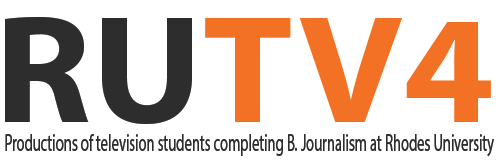The Water Hole
Investigative report by Amaal Salie and Katja Schreiber
This is an investigative documentary which tries to examine the heart of Grahamstown’s on-going water crisis.
You open the tap. A guttural, gurgling sound escapes. You wait for the splutter of water in vain; the tap stays dry. No water.
In Grahamstown, this is an all too a familiar story. Frequent water outages have become the norm, yet with no less scorn or frustration than Eskom’s power cuts. With access to water being not only a right but a lifeline, the myriad problems and unsatisfactory service is both unconstitutional and inhumane.
This investigative piece explores the many questions surrounding the town’s unsatisfactory water service. Water experts and local residents give a holistic overview and explanation of the far-reaching water problems








